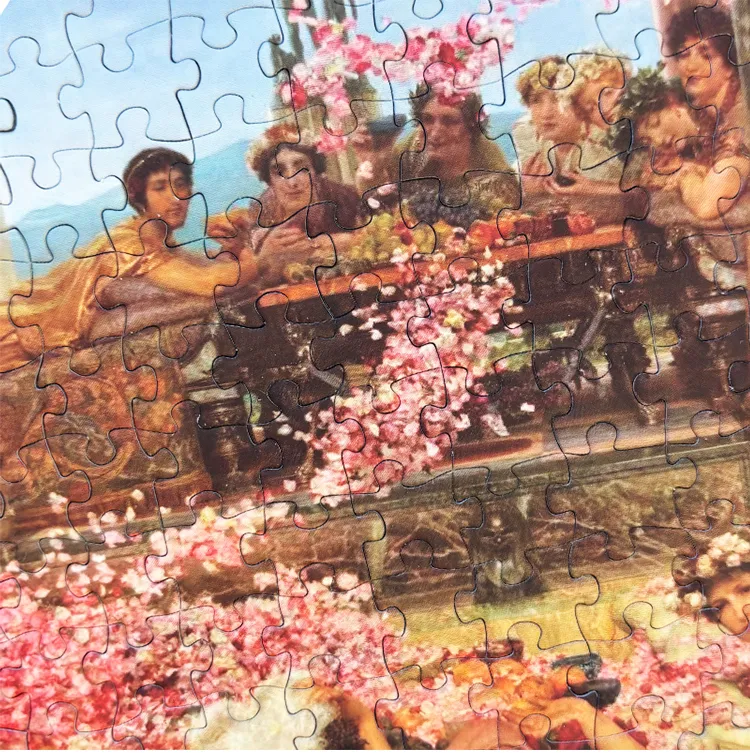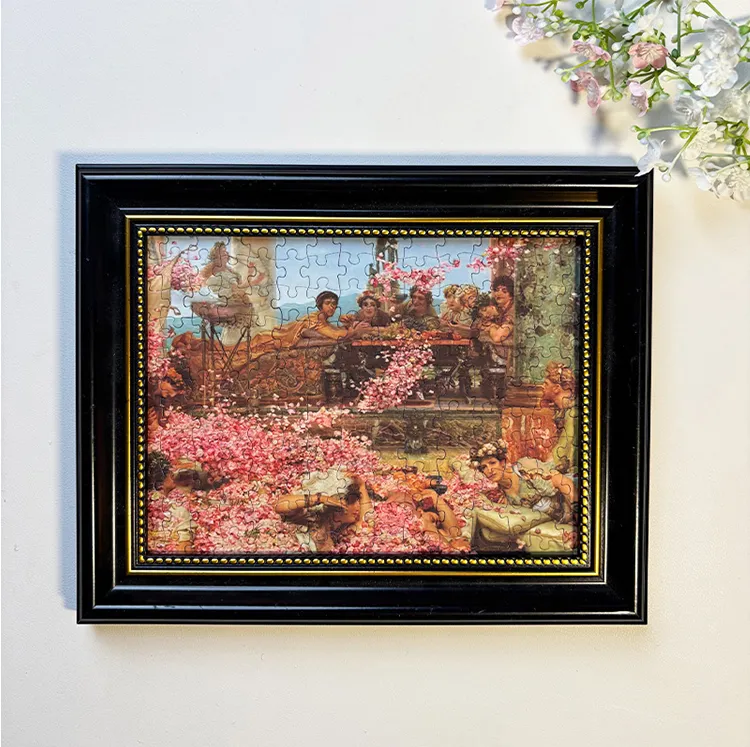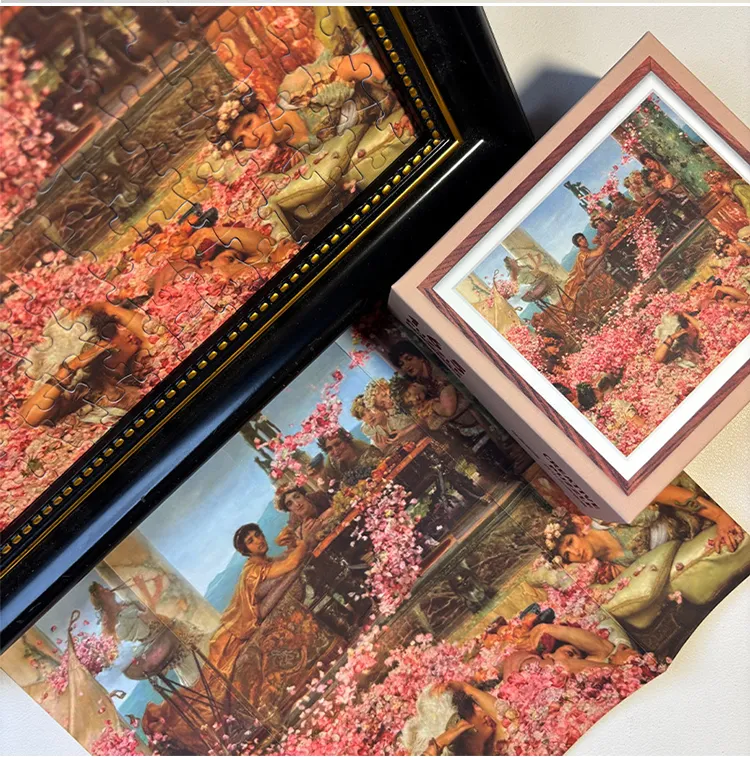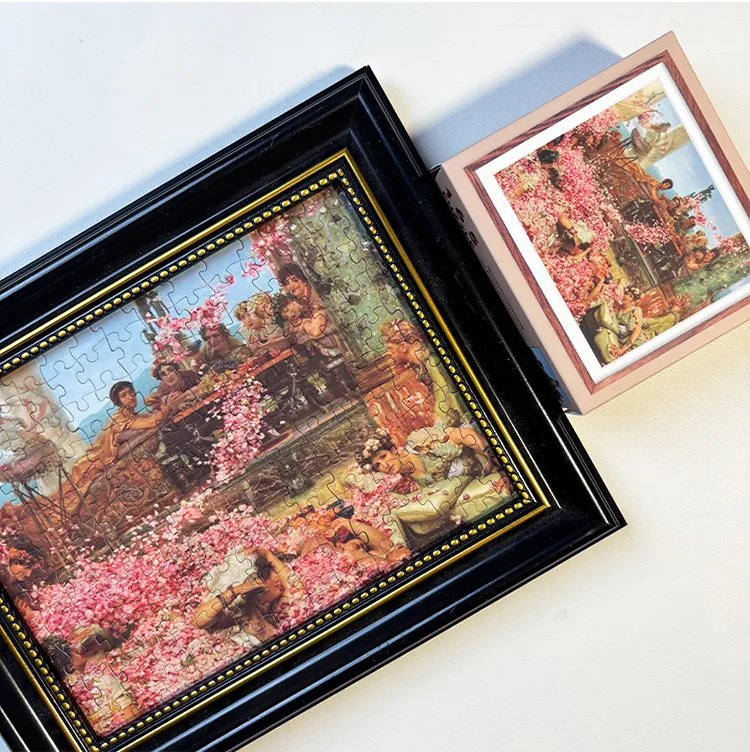"Elagabalus," a name that evokes both the excess of the Roman Empire and the fragility of power, is often paired with "roses" in artistic and literary imagination—a symbol of beauty, transience, and the paradox of his reign.
Elagabalus (c. 203–222 CE), born Varius Avitus Bassianus, ruled as Roman emperor from 218 to 222 CE, a turbulent period marked by his radical religious policies and scandalous personal life. A member of the Severan dynasty, he was elevated to the throne at just 14, a pawn of his grandmother Julia Maesa’s ambition. His reign became infamous not for military conquests but for his devotion to the Syrian sun god Elagabal (whom he elevated above all Roman deities) and his defiance of traditional Roman morals.
The "roses" in this context are not merely botanical; they symbolize the opulence, impermanence, and contradictions of his rule. Historical accounts (notably from Cassius Dio and Herodian) describe Elagabalus’ court as a theater of excess: banquets where roses—piled high, strewn across tables, or even showered from ceilings—became metaphors for his indulgence. These flowers, delicate yet overwhelming, mirrored his reign: beautiful in its spectacle, yet fragile and short-lived.
Elagabalus’ story is also one of marginalization. As a youth from Syria thrust into Roman power, he faced relentless prejudice for his "foreign" customs (including his same-sex relationships and marriage to a Vestal Virgin, a violation of sacred law). The roses, too, might be seen as a nod to his "otherness"—exotic, alluring, but ultimately rejected by the Roman elite. In 222 CE, at 18, he was assassinated in a coup led by his cousin Alexander Severus, his body dumped in the Tiber River, his memory condemned by later historians.
Today, "Elagabalus’ roses" endure as a poetic lens through which to explore themes of power, identity, and the fleeting nature of fame. They remind us that even the most vivid figures of history are often reduced to symbols—their lives, like roses, remembered for their fragrance long after their thorns have faded.



















